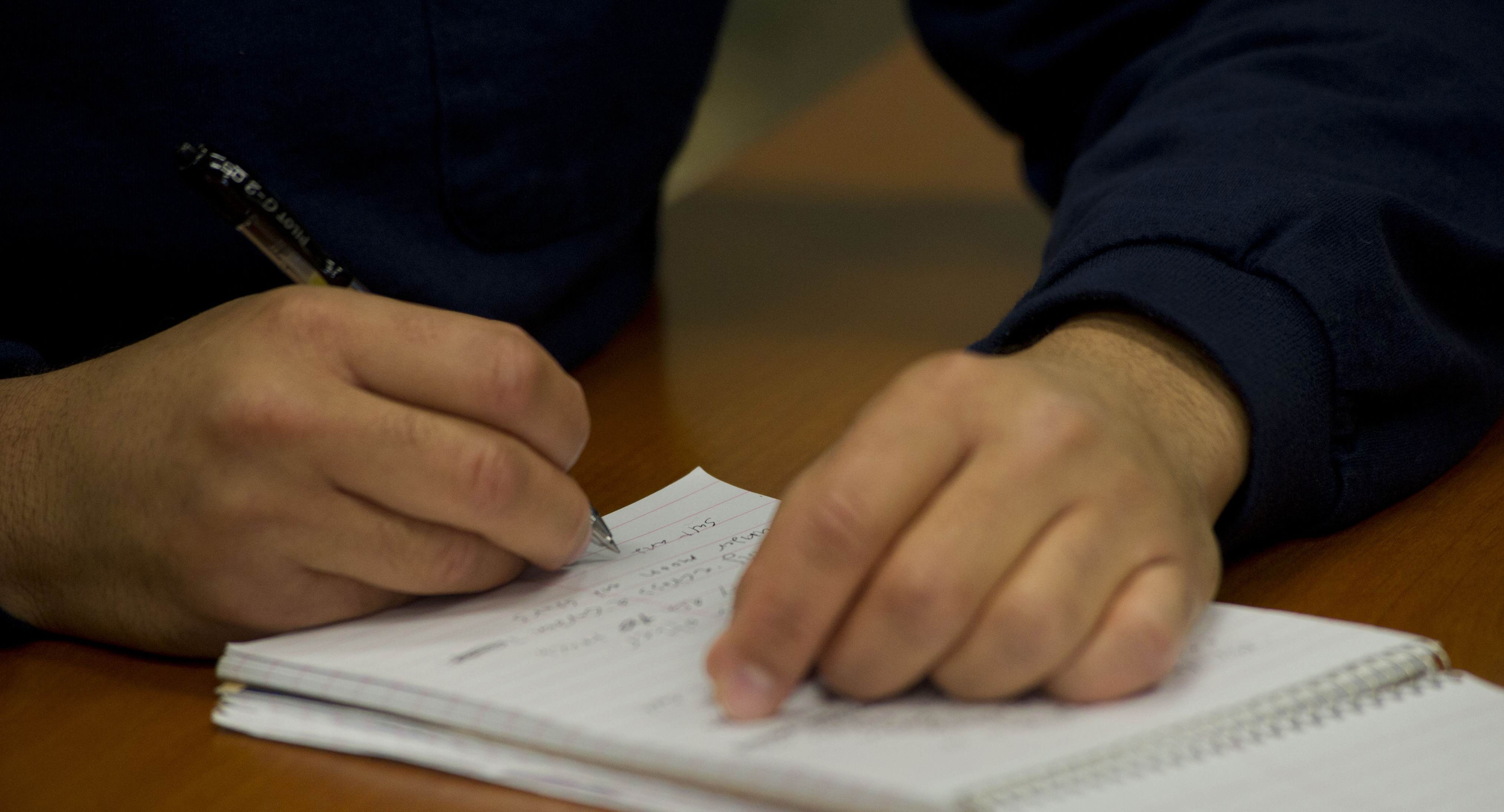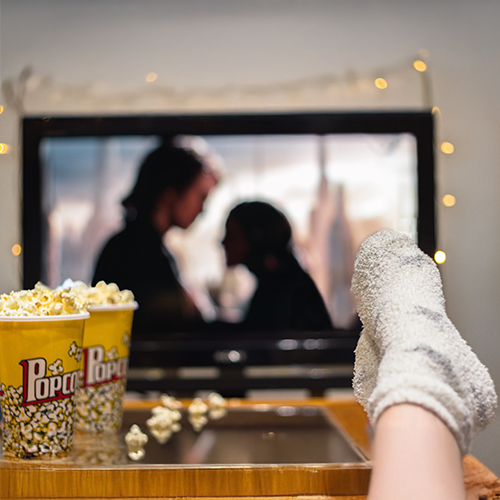
The University of Washington's Expository Writing Program has won a 2019-2020 CCCC Writing Program Certificate of Excellence. The Conference on College Composition and Communication (CCCC) is a constituent organization within the National Council of Teachers of English (NCTE). The University of Washington’s program is the only recipient of the award for 2019-2020.
Established in 2004, the award honors up to 20 writing programs a year. To be eligible for the award, programs must be able to: demonstrate that the program imaginatively addresses the needs and opportunities of its students, instructors, institution, and locale; offer exemplary ongoing professional development for faculty of all ranks, including adjunct/contingent faculty; treat contingent faculty respectfully, humanely, and professionally; use the best current practices in the field; show that the program administrator (chair, director, coordinator, etc.) has academic credentials in writing; use effective, ongoing assessment; use effective placement procedures; create appropriate class sizes; and model diversity and/or serve diverse communities.
According to CCCC, this year’s selection committee was impressed by the UW program's expansive and outward-facing vision of writing, and the variety of course experiences and partnerships. They were particularly struck by the thoughtful integration of service-learning in community-based writing courses and partnerships sustained by the UW in the High School Program.
More information about the CCCC Writing Program Certificate of Excellence, including past winners, is available on the program's website.
More Stories

AI in the Classroom? For Faculty, It's Complicated
Three College of Arts & Sciences professors discuss the impact of AI on their teaching and on student learning. The consensus? It’s complicated.

A Love of Classics and Ballroom
Michael Seguin studied Classics at the UW and now owns Baltimore's Mobtown Ballroom. The two interests, he says, are more connected than they might seem.

Need a break from holiday movies? Try these
For those wanting a break from holiday movies, Cinema & Media Studies faculty and grad students offer suggestions.